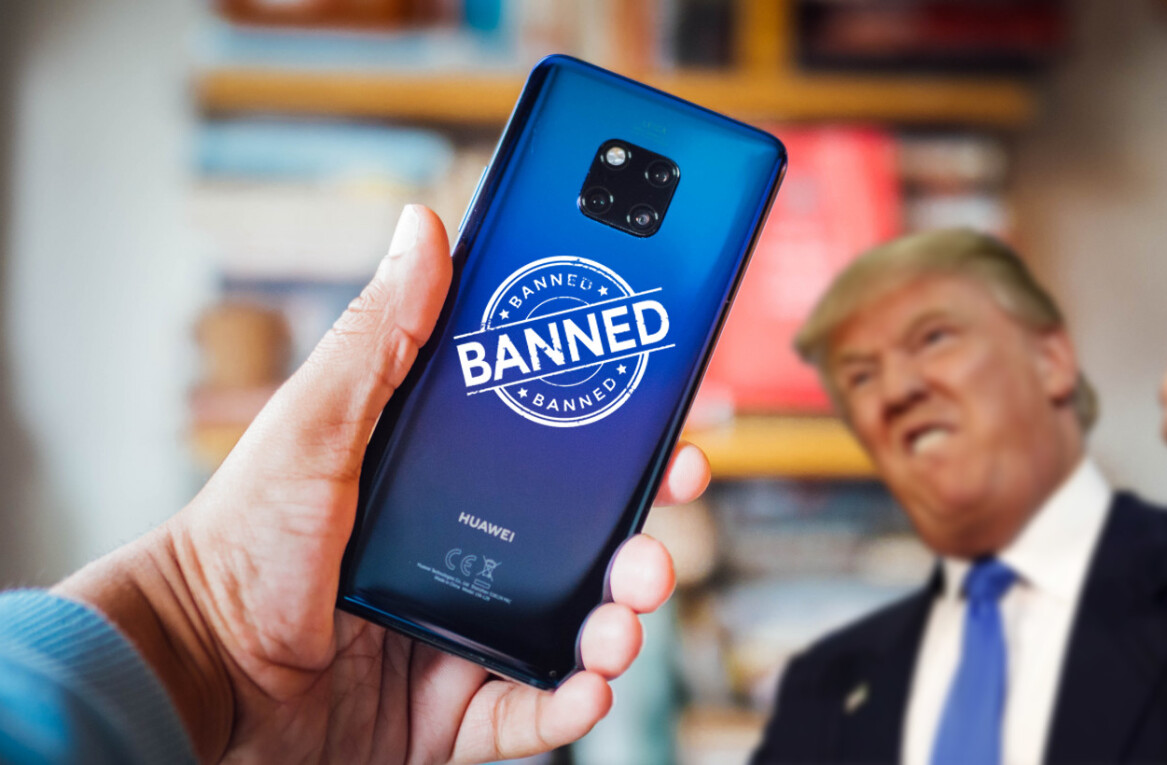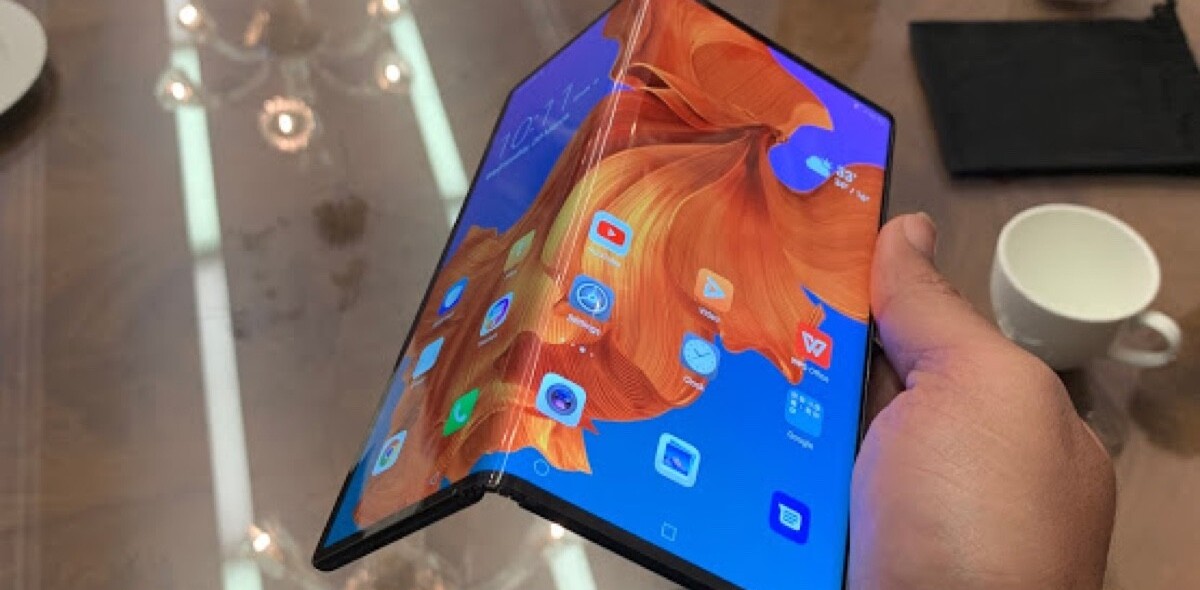
HTC is a world-renowned phone manufacturing company known for creating quality handsets. However, given the cut-throat smartphone market today, manufacturers can’t be content to just deliver great hardware, but focus on that special oomph factor to set them apart from the rest as well.
The Taiwanese manufacturer can only boast of its superior hardware but when it comes to the operating system, it has been piggybacking on two hot OSes today — Android and Windows Phone 7.
In this sense, HTC is good in one thing — being second place. Content such as video and games are increasingly necessary to stand out in a market full of Android and Windows Phone devices. Question is, can HTC pull it off? Does it have what it takes to follow Apple’s footsteps?
Let’s examine the possibility.
Unsecured Market Leader Position
At the beginning of May, Taiwan-based mobile vendor HTC was the fifth biggest smartphone manufacturer in terms of shipments, posting record revenues in the last quarter. The success of HTC relies heavily on the two operating systems it runs on, but it fails to grasp a solid first place position from either.
The competition for the Android market continues to intensify, especially from Samsung, the largest Android manufacturer. While with Windows Phone 7, even though HTC gets the top spot according to estimates by AdGAC. the overall sales of WP7 phones is not that impressive. Given the recent partnership announced between Microsoft and Nokia and new OEMs Acer, Fujitsu and ZTE jumping in, HTC’s market advantage could easily be be edged out.
HTC may be performing well right now but it’s in a very vulnerable position to easily be toppled by other brands. How does it differentiate? All of HTC’s devices are equipped with the functional, beautiful Sense UI and HTC Sense cloud features — but based on results, it’s hardly enough.
As HTC CEO Peter Chou said in a Financial Times report, the company needs to move beyond skinned interfaces: “It is not enough to be skin-deep. We need to go bone-deep.”
It certainly has with the announcement of its new developer initiative called HTCdev, which would offer mobile app developers with various tools and resources to build apps tailor made for HTC Sense phones.
Building Up The HTC Empire
There were rumors going around late last year about HTC planning to open up its very own App Store, which highlights the increasing pressure on device manufacturers to differentiate themselves through content and Internet services, as competition heats up in the fast-growing smartphone sector.
The manufacturing company also invested on two huge companies — Saffron Digital, which distributes video for handset manufacturers and carriers, and OnLive, the gaming platform which streams video games to a PC or TV.
HTC also currently enjoys a partnership with US e-books distributor Kobo and it is thought that the company’s recent hires have been brought in to assist with delivering Kobo’s content worldwide but to also help the expansion of its new HTCSense.com service.
Although the deals do not force exclusivity with HTC, it gives the manufacturer a solid position to be right in the thick of things and it wouldn’t be surprising if it takes advantage of its position to get better access to content over competitors.
Aside from these facts, there’s also a rumor that we’ve heard about HTC being a $10 million backer to Taiwan’s first incubator, appWorks. Such a powerful financial move could place HTC into the position to buy up startups and talent before they’re seen elsewhere.
Following Apple’s Footsteps
Smartphone manufacturers that aim to dominate can’t just build their own interfaces as HTC has done up to this point with its Sense UI. They need to focus on finding ways to differentiate and be actively involved in the content side too.
While none of the examples above are definitive evidences to HTC coming up with its new platform, it’s fun to speculate with the idea.
I am not suggesting that HTC drops its support to Android and Windows Phone but instead, introduce its very own operating system to take advantage of exclusive content and features.
Doing so would put HTC directly in Apple’s footsteps, where the manufacturer is also dictating the software of the device. It’s a method that has rung true for Apple thus far, and could prove to be the tipping point for HTC’s continued success.
Get the TNW newsletter
Get the most important tech news in your inbox each week.




